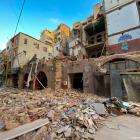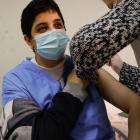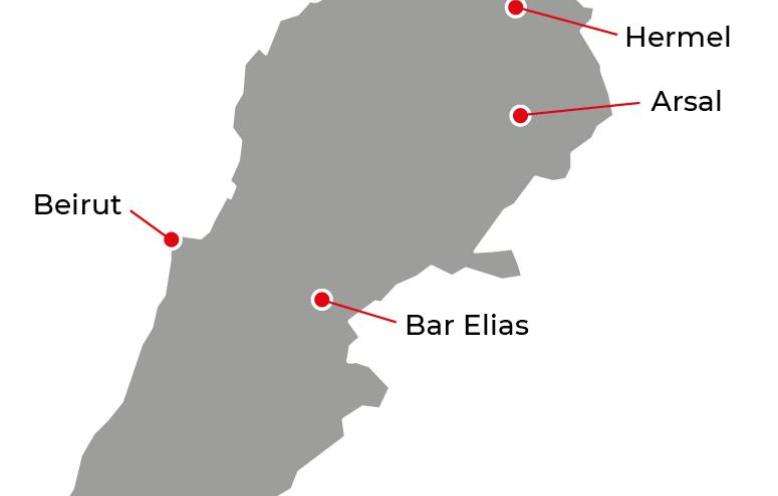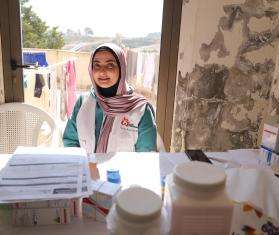Our services include reproductive health care, mental health support, pediatrics, surgery, wound care, treatment for chronic diseases, and routine vaccinations for children. In 2022, we also provided treatment for children in Bar Elias living with thalassaemia, an inherited blood disorder that affects the production of hemoglobin.
We also responded to emergencies—most significantly, the first cholera outbreak in Lebanon for almost three decades. As thousands of cases were recorded, we opened two cholera treatment units in Bar Elias and Arsal, and several oral rehydration points in Tripoli, Beirut, Bar Elias, and Arsal. To curb the spread of the disease, we ran awareness-raising and infection prevention campaigns, and distributed hygiene kits containing items such as soap and detergent. Our teams also supported the national vaccination campaign by conducting door-to-door cholera vaccinations in the north and northeast of the country.
We are constantly increasing our support to the Lebanese health system by training staff, donating medicines and medical supplies, and building the capacity of health facilities across the country. Strengthening and enhancing the capacity of health care providers at local and national levels remains a priority.










